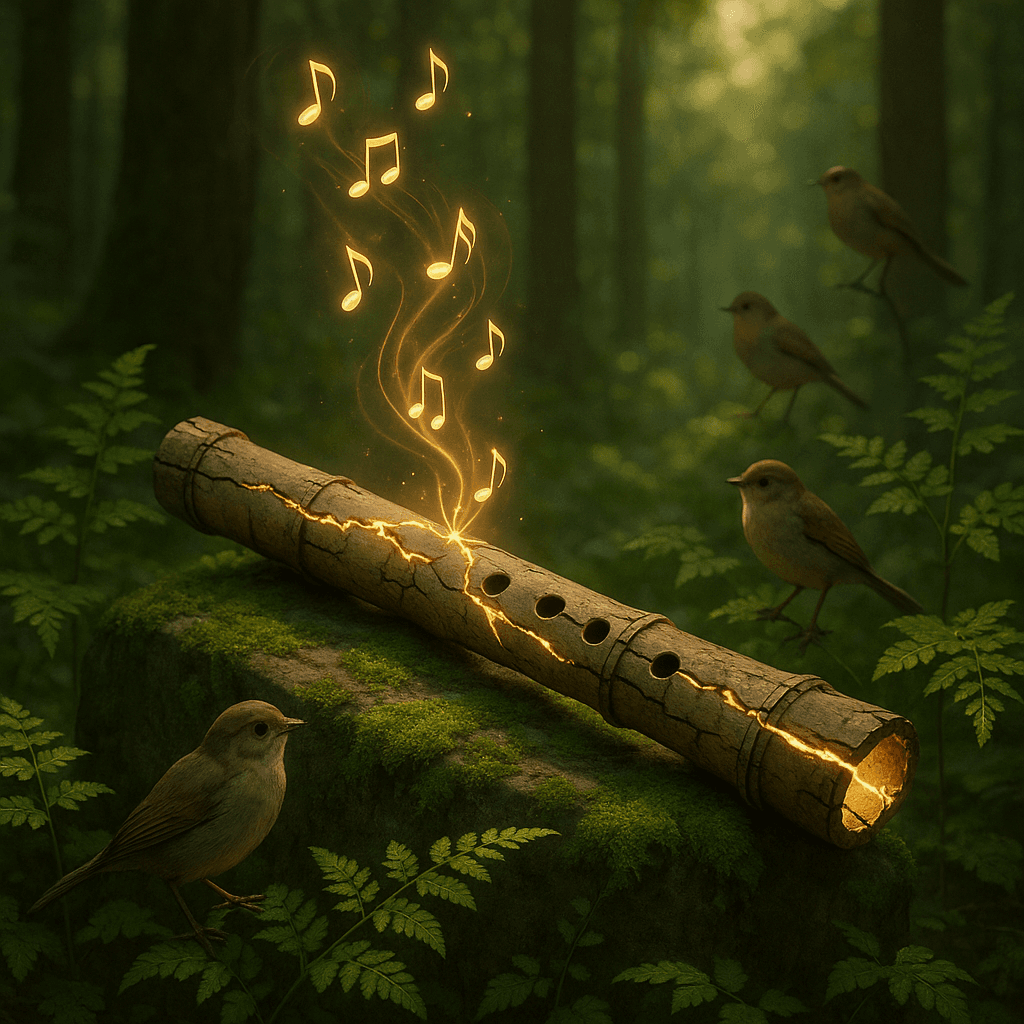Resilience and Renewal: Music from Broken Flutes

The flute that is broken can still make music. — Tibetan Proverb
—What lingers after this line?
One-minute reflection
What does this quote ask you to notice today?
The Proverb’s Surface Meaning
The Tibetan proverb, 'The flute that is broken can still make music,' offers a vivid image: even when something is no longer whole, it retains potential and purpose. At face value, this speaks to the enduring capacity within things—and by extension, people—to create beauty despite imperfection or damage.
Resilience in the Face of Adversity
Building on this, the proverb becomes a metaphor for human resilience. Many cultures celebrate the ability to adapt and thrive after hardship. Much like a cracked flute releasing unanticipated melodies, people who endure loss or injury frequently discover new strengths or talents. Viktor Frankl’s *Man’s Search for Meaning* (1946) illustrates how suffering can lead to unexpected growth and purpose.
The Value of Imperfection
This idea dovetails with philosophical perspectives such as the Japanese concept of wabi-sabi, which finds beauty in the imperfect and transient. Instead of discarding a broken flute, one might embrace its unique sound. In art forms like kintsugi—where cracked pottery is mended with gold—the flaw is honored, echoing the proverb's lesson that brokenness can enhance, rather than diminish, value.
Transformation Through Creativity
Transitioning from philosophy to practice, countless musicians and artists draw inspiration from limitation. Consider jazz pianist Django Reinhardt, who, after a hand injury, reinvented his technique, giving rise to a distinctive style. Likewise, the broken flute may create music with a character all its own, demonstrating that creativity often flourishes through adaptation and constraint.
A Message of Hope and Inclusion
Ultimately, the proverb offers encouragement: being 'broken' does not mean being useless. In communities and relationships, it advocates for embracing those who bear scars or disabilities, recognizing their capacity to contribute in meaningful ways. By listening to the music of broken flutes, society learns to value every individual’s unique voice and potential, forging connections through shared resilience.